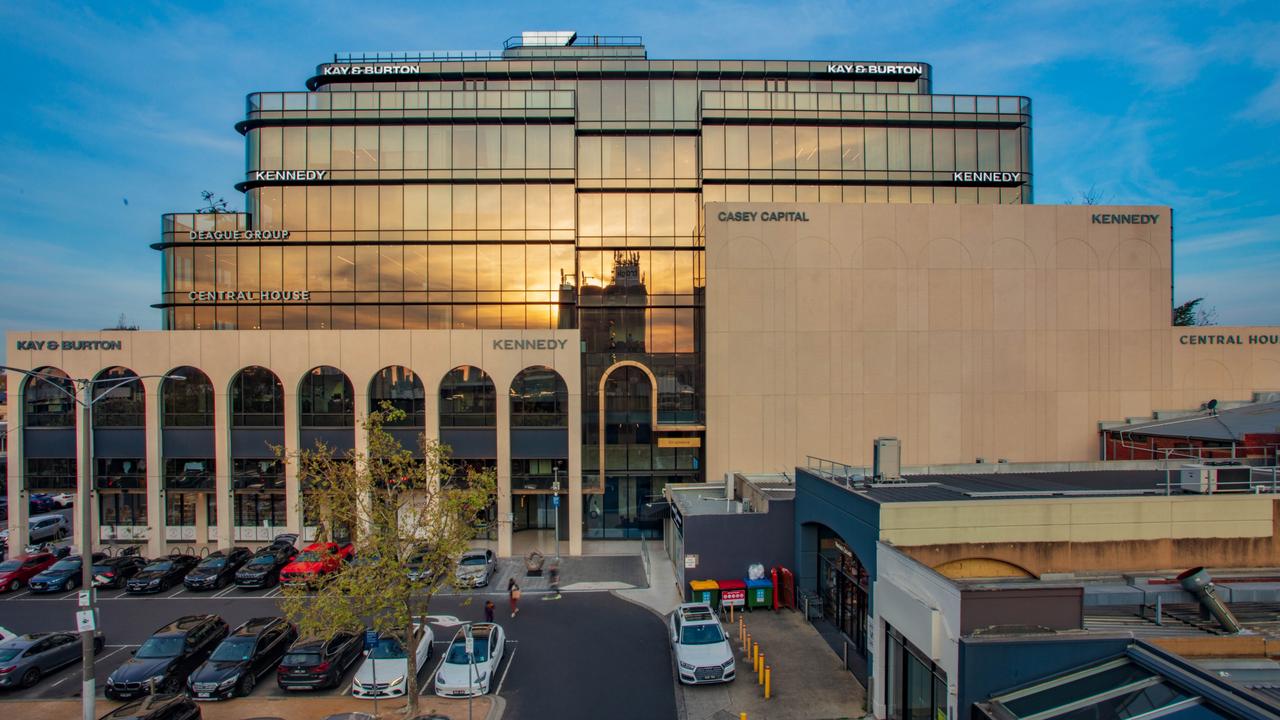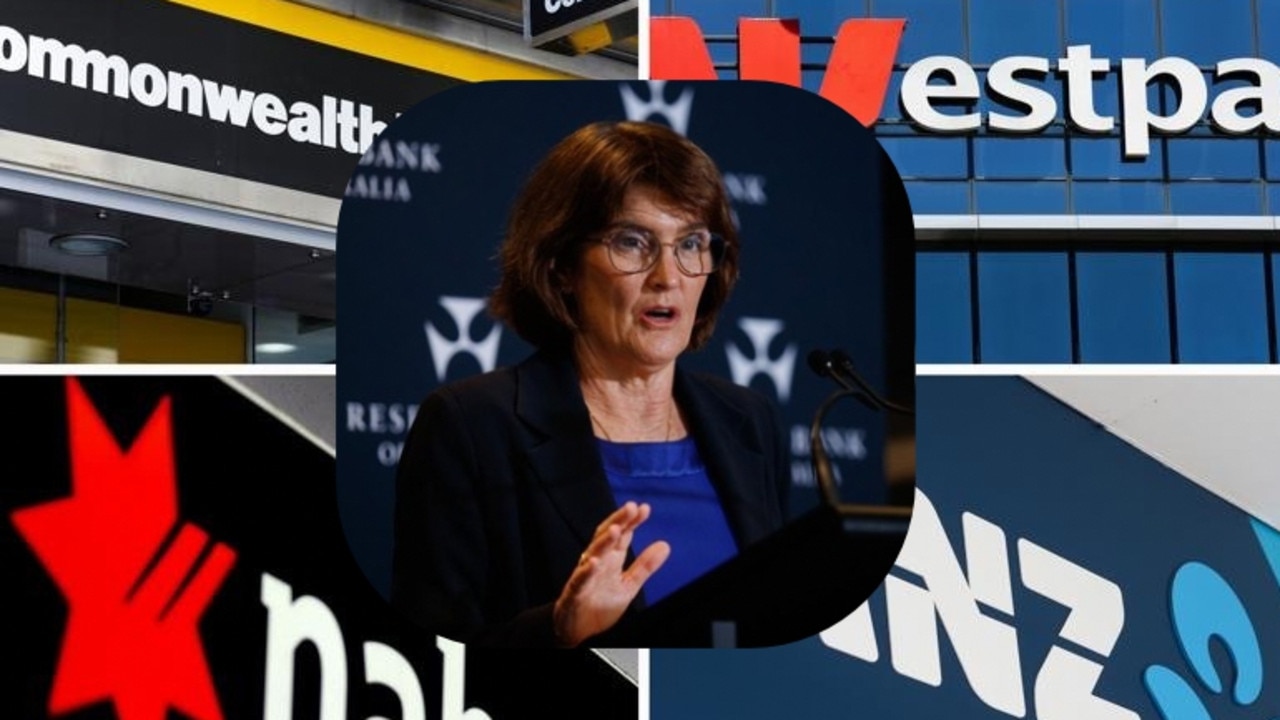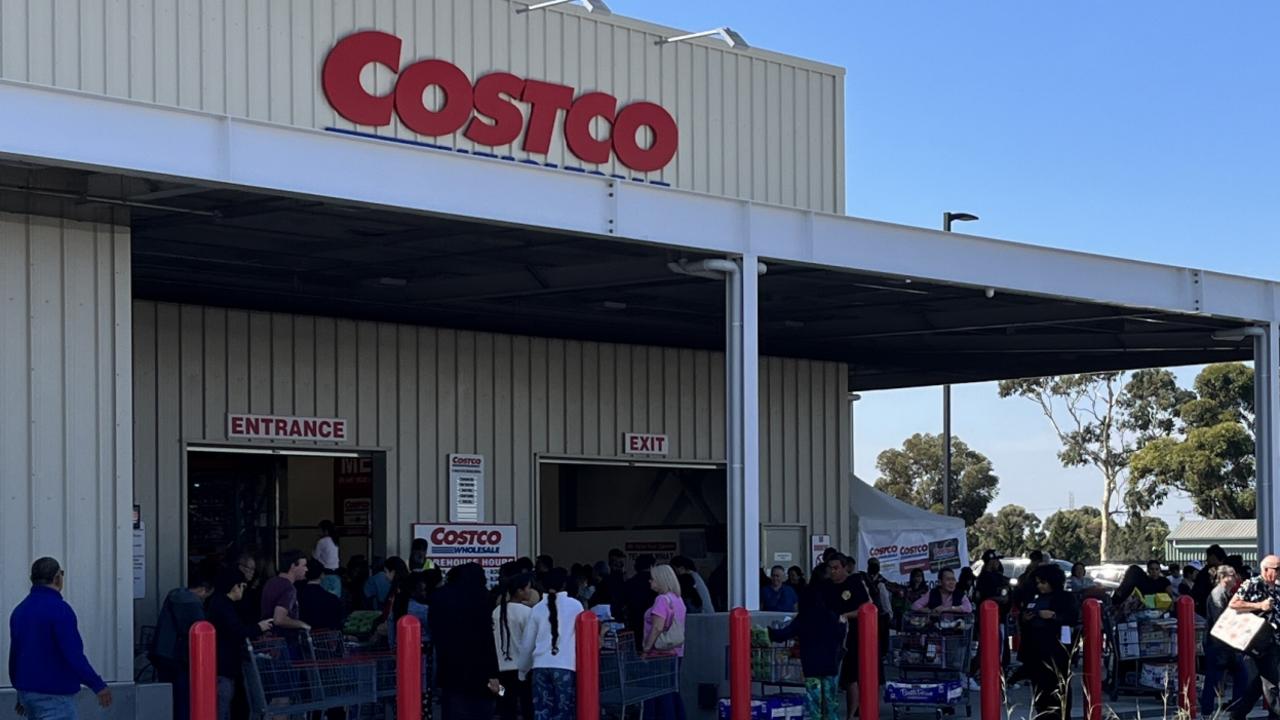Crazy images show how Australia has changed over the last 40 years
Four decades of Google Earth imagery reveal the reason why Australia looks drastically different in 2024.
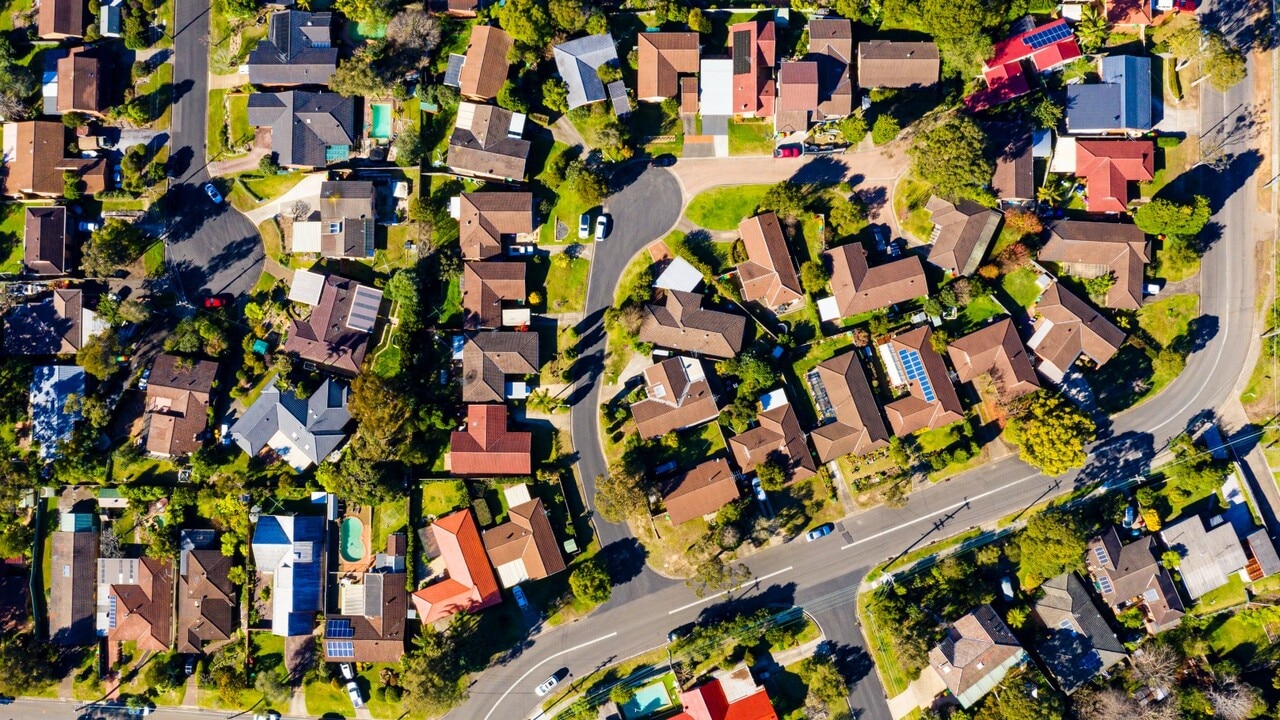
Google Earth imagery compiled by a TikTok user has shown the impact of urbanisation on the look of Australia’s cities over the last four decades.
The video begins with a grab of the greater western Sydney region, bordered by Mount Druitt to the north, Narellan to the south, Liverpool to the east, and luscious, green farmland in between.
As the years progress, users see Sydney’s urban sprawl creep its way from the borderland suburbs and into the heartland of the greater west. This area is now home to suburbs like Luddenham, Orchard Hills, St Clair, and Kemps Creek.
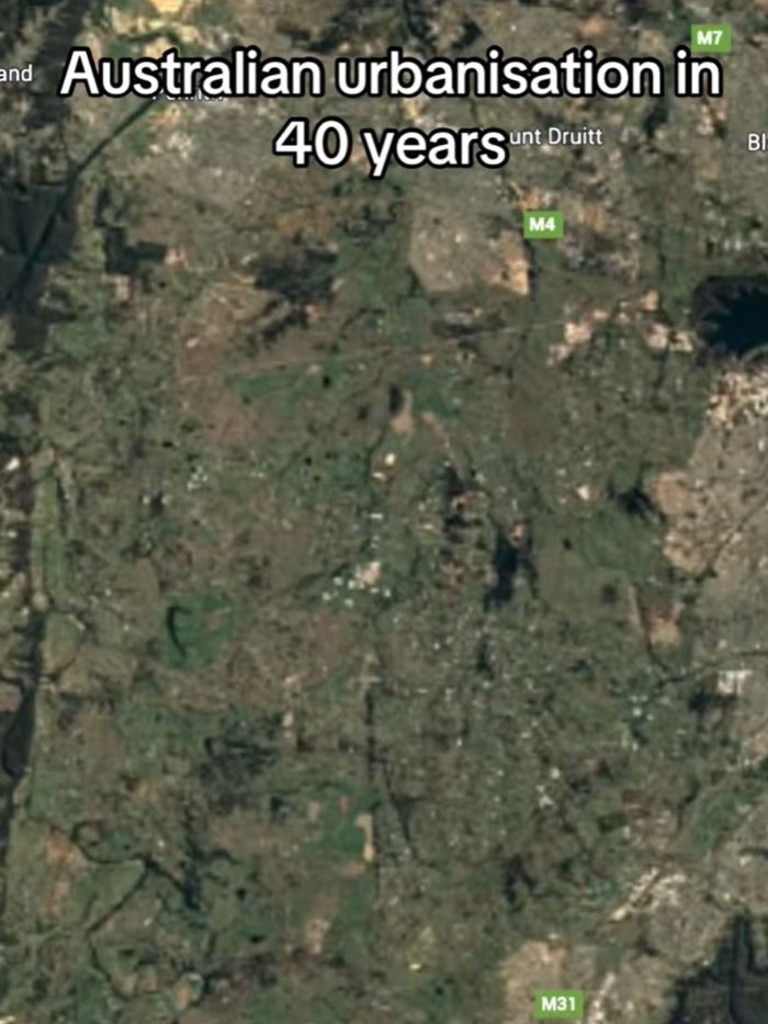
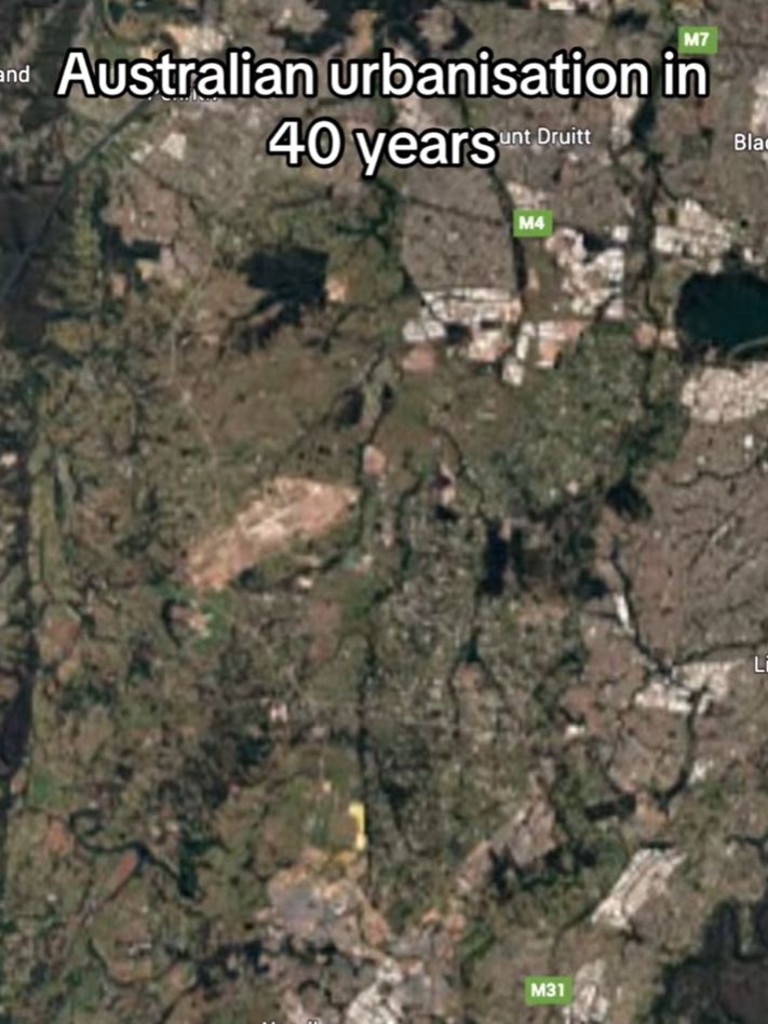
MORE: Where the population has boomed most and why
The next shot shows the phenomenon occurring in Dubbo, a regional NSW city. A similar web of urban developments expands across the city as the verdant landscape disappears before viewers’ eyes.
Southeast Melbourne is next. Lush farmland stretching northeast from Pakenham towards the CBD is replaced by a rush of development as the sprawl is mirrored and simultaneously travels south from Cranbourne.
Townsville, northern Brisbane, Moreton Bay, and Perth see similar shifts in colour palette over the 40-year timeline, as the greenery of what was once expansive farmland and lush rainforest disappears in place of residential and commercial buildings.
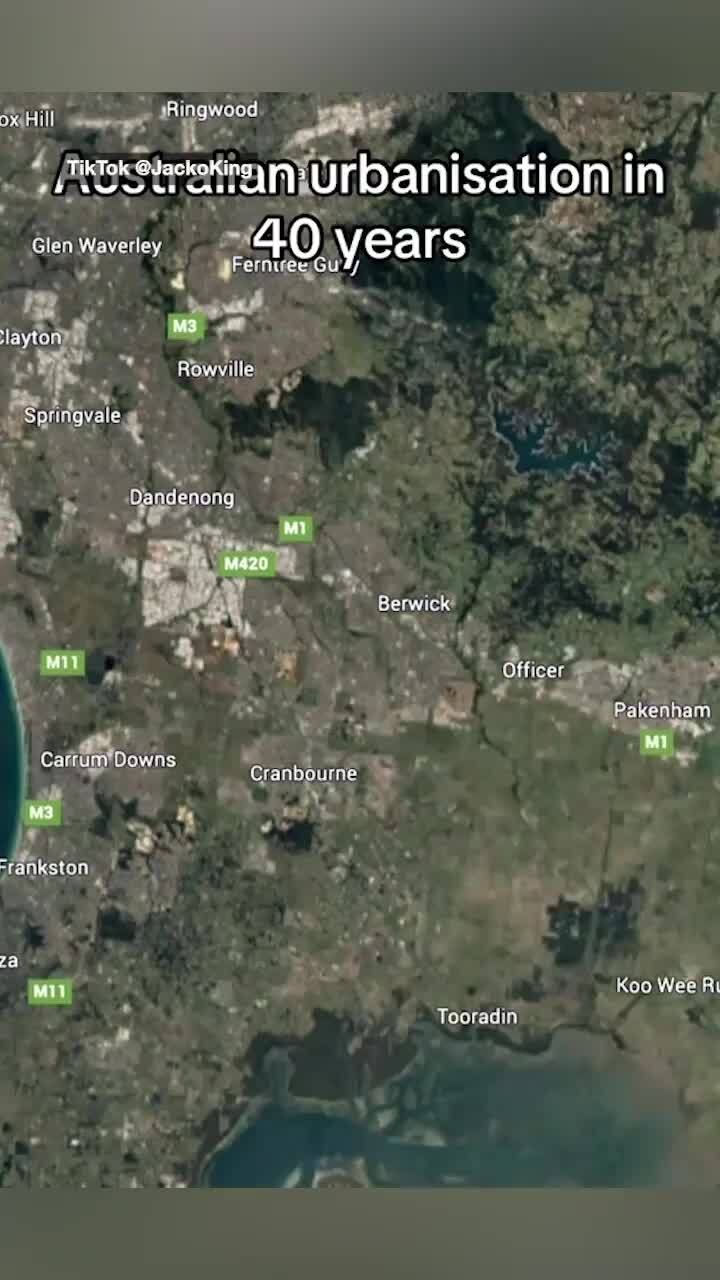
MORE: Huge prediction for Aussie house prices
Users expressed their devastation in the comments, with one writing: “Gosh, it’s so sad to see it like that,” and another sharing: ”Part of the reason why our ecosystems are screwed and we have bad pollution is because we’ve essentially nuked thousands of hectares of forest and bush.”
More Coverage
However, another commenter disagreed, claiming: ”We are on the same path as America in terms of housing and infrastructure. I think a lot of Australians need to get off their high horse.”
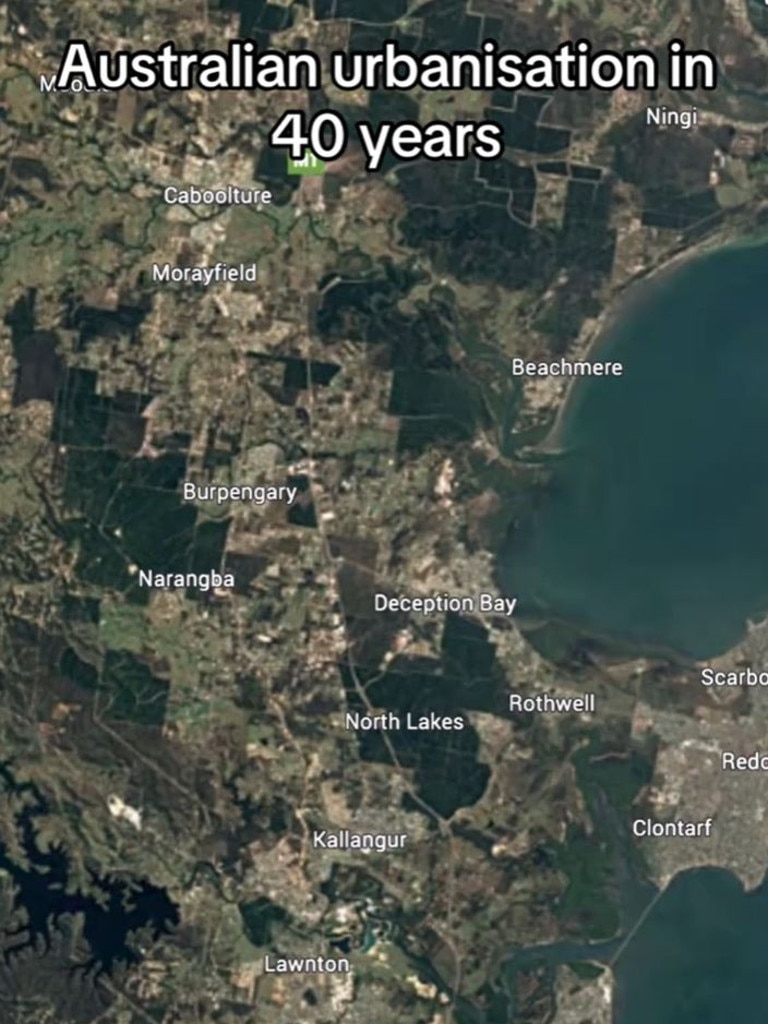
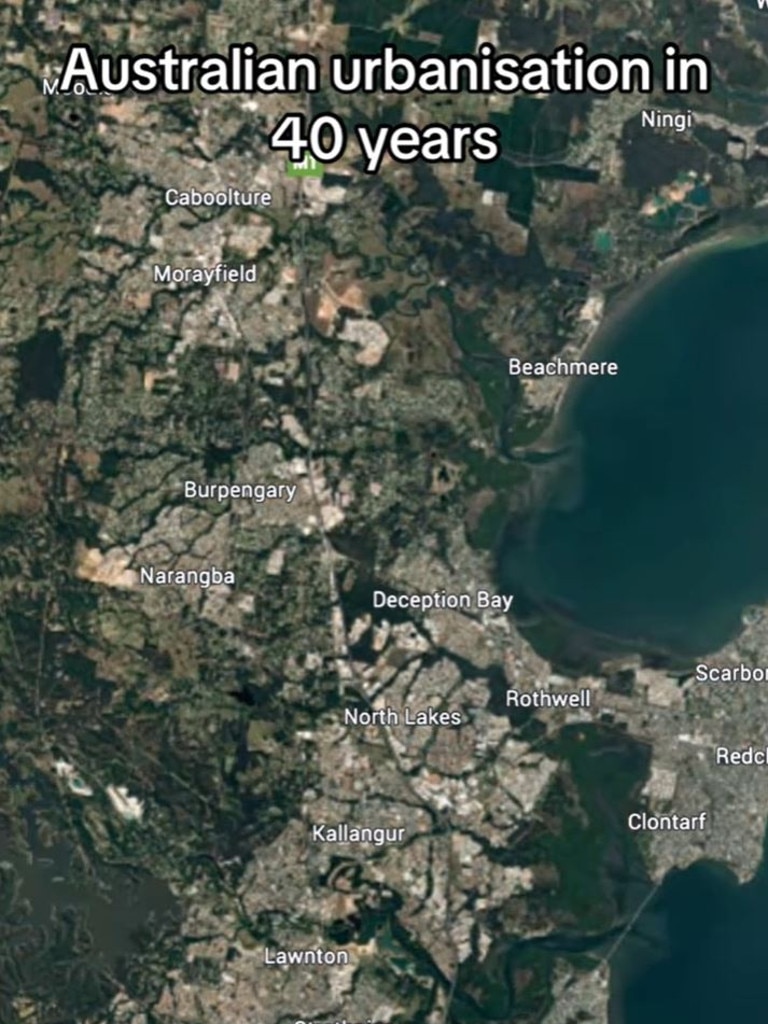
Infrastructure is a major consideration for Australian policymakers as Australian housing affordability has hit a record low in 2024, and potential homeowners feel the bite of cost of living pressures.
As such, urban development – and housing in particular – is front of mind for the federal government which has announced an ambitious target of building 1.2 million houses over the next five years. However, a crippling labour and skills shortage plus material cost issues have caused experts to label the plan “a ticking time bomb.”



